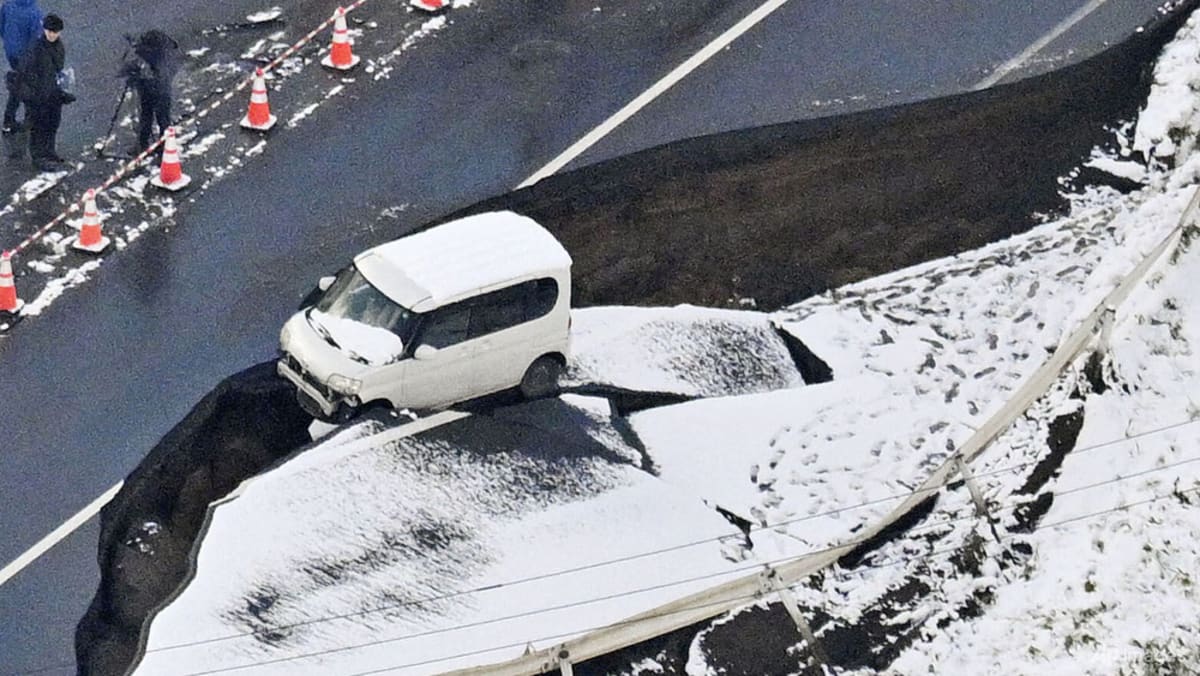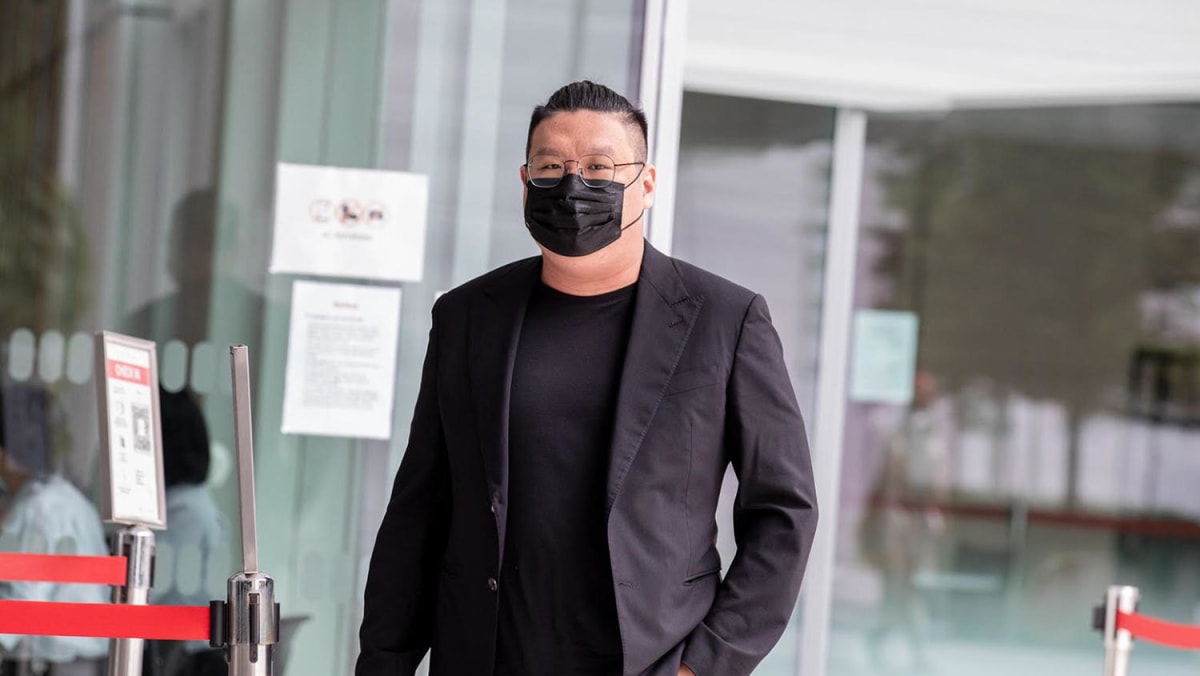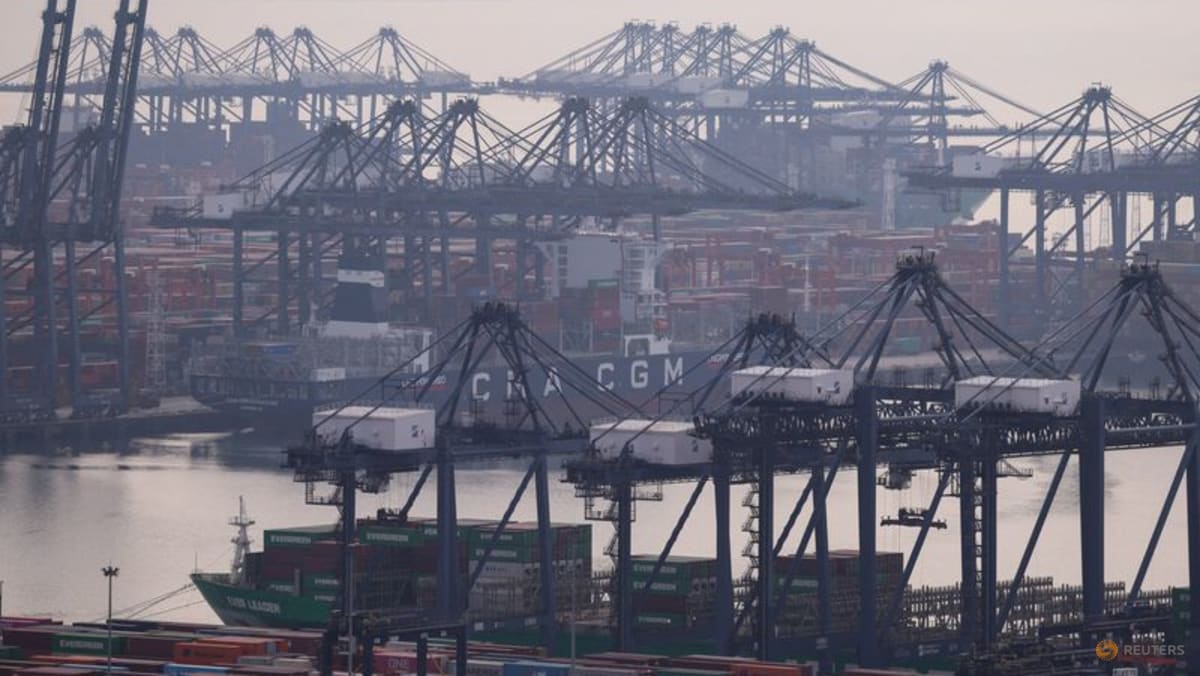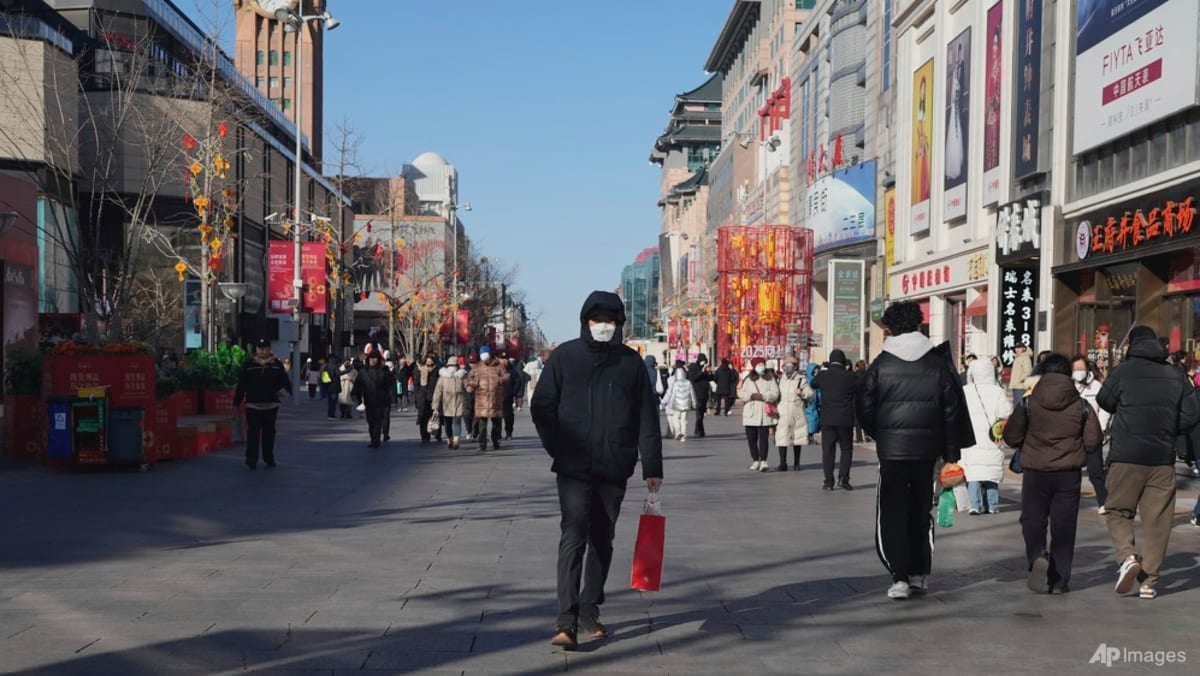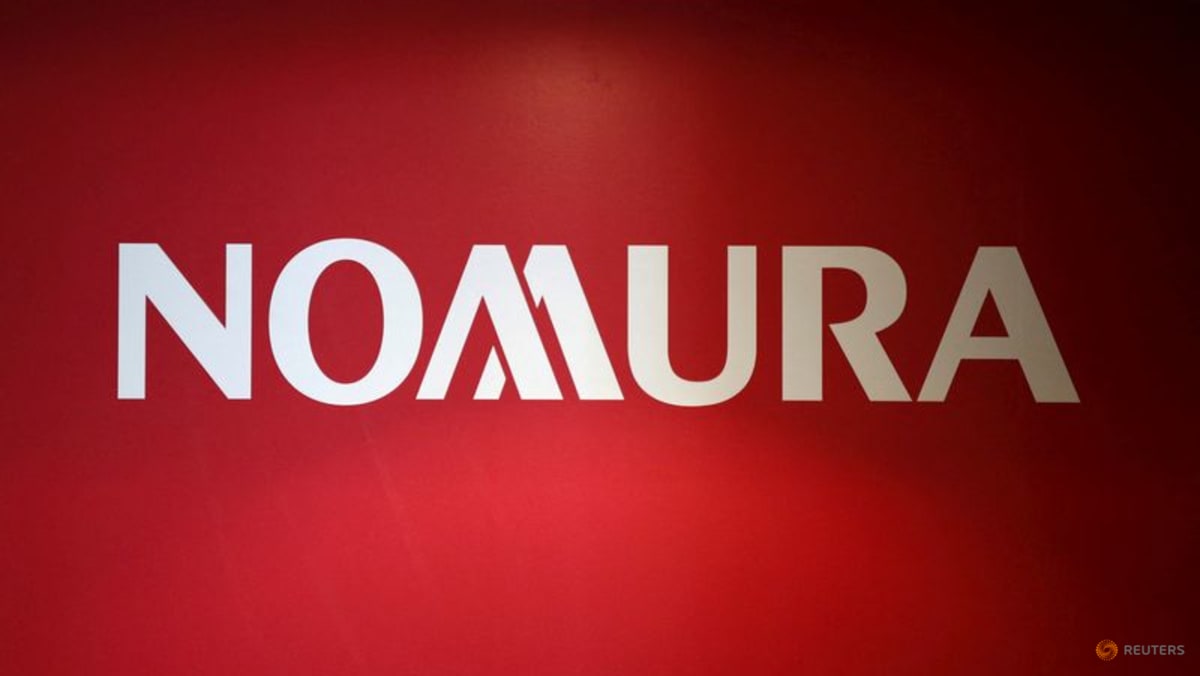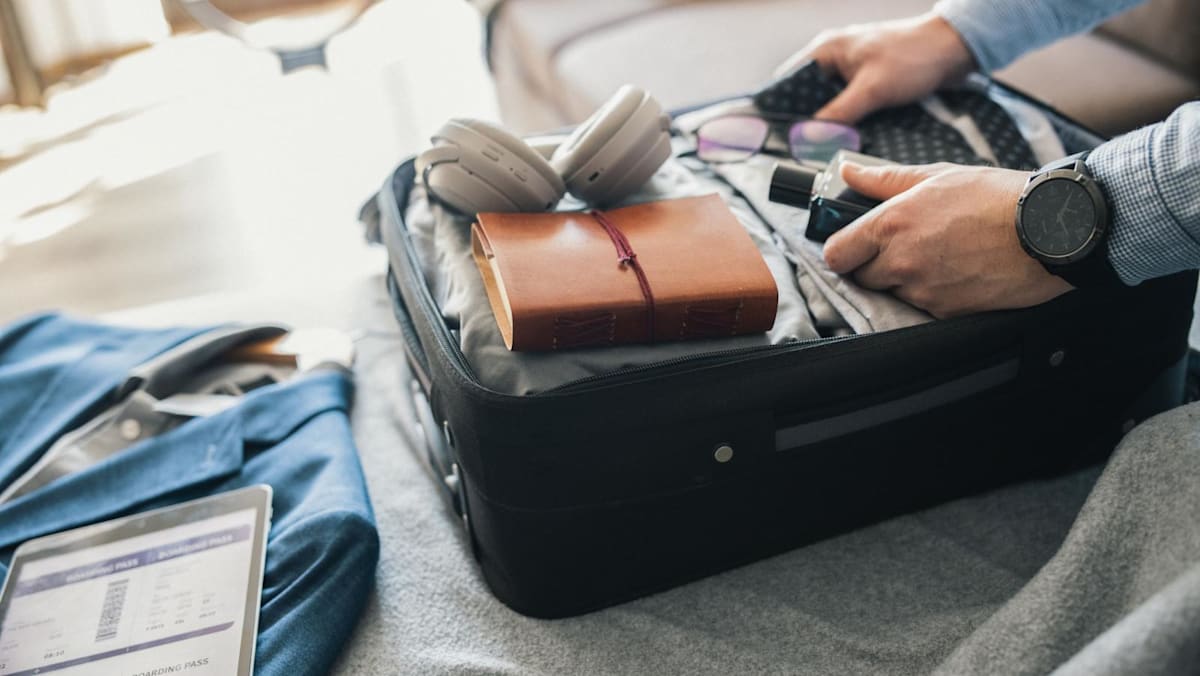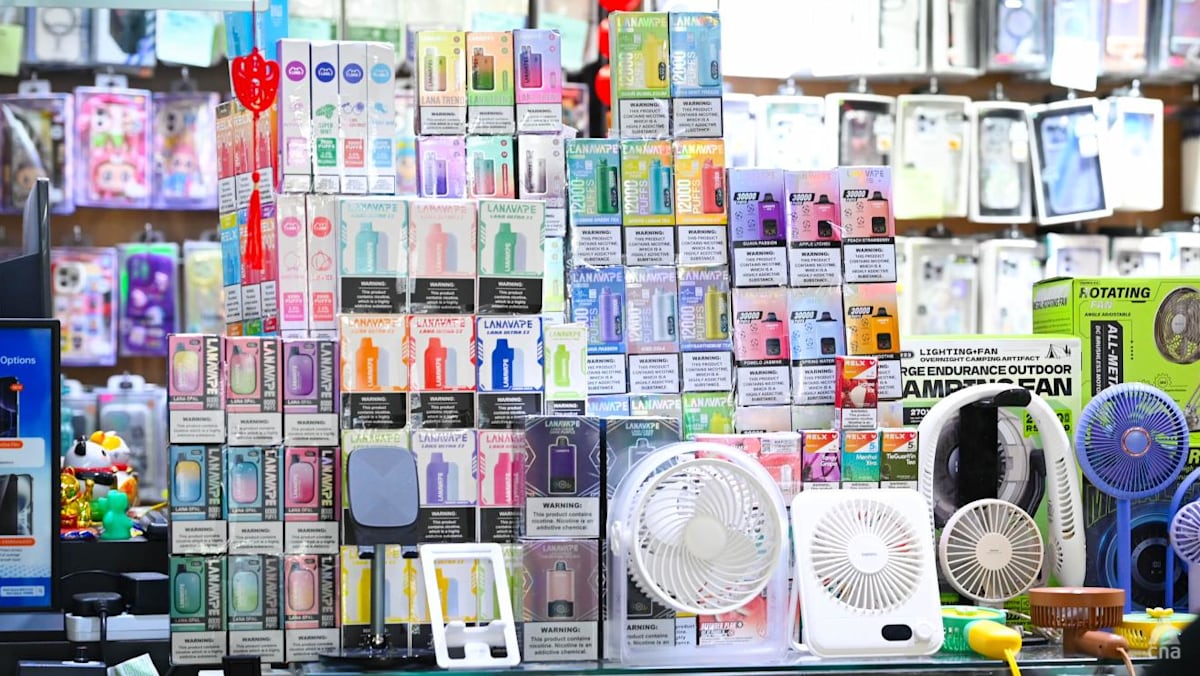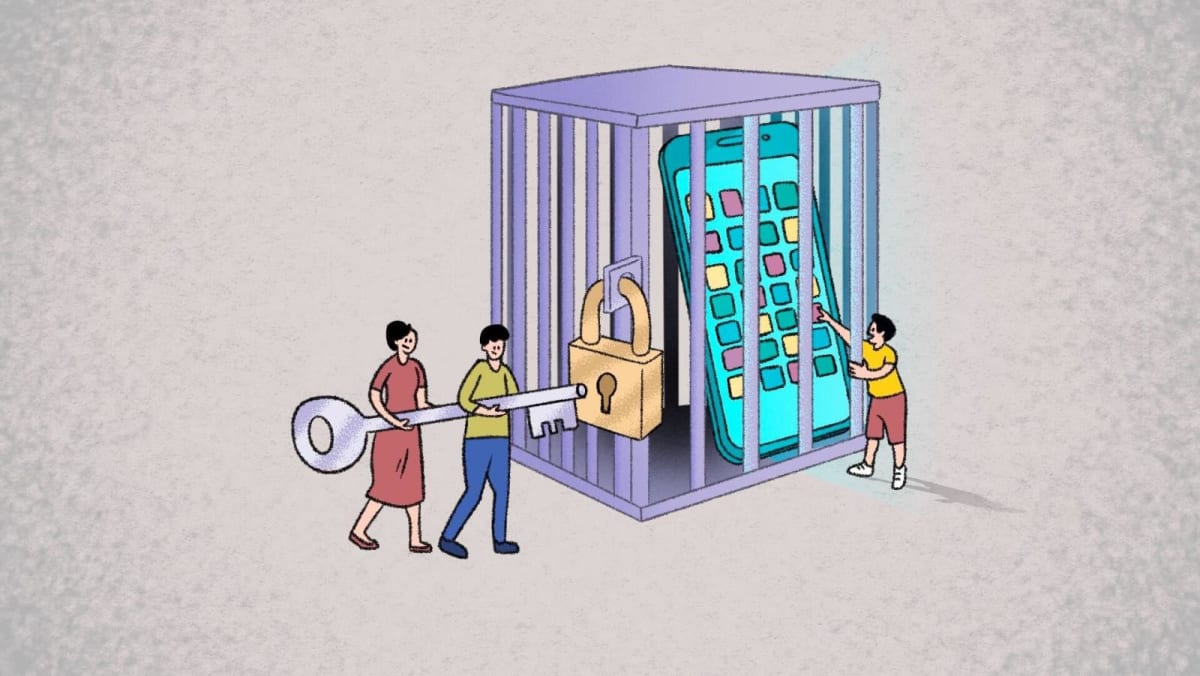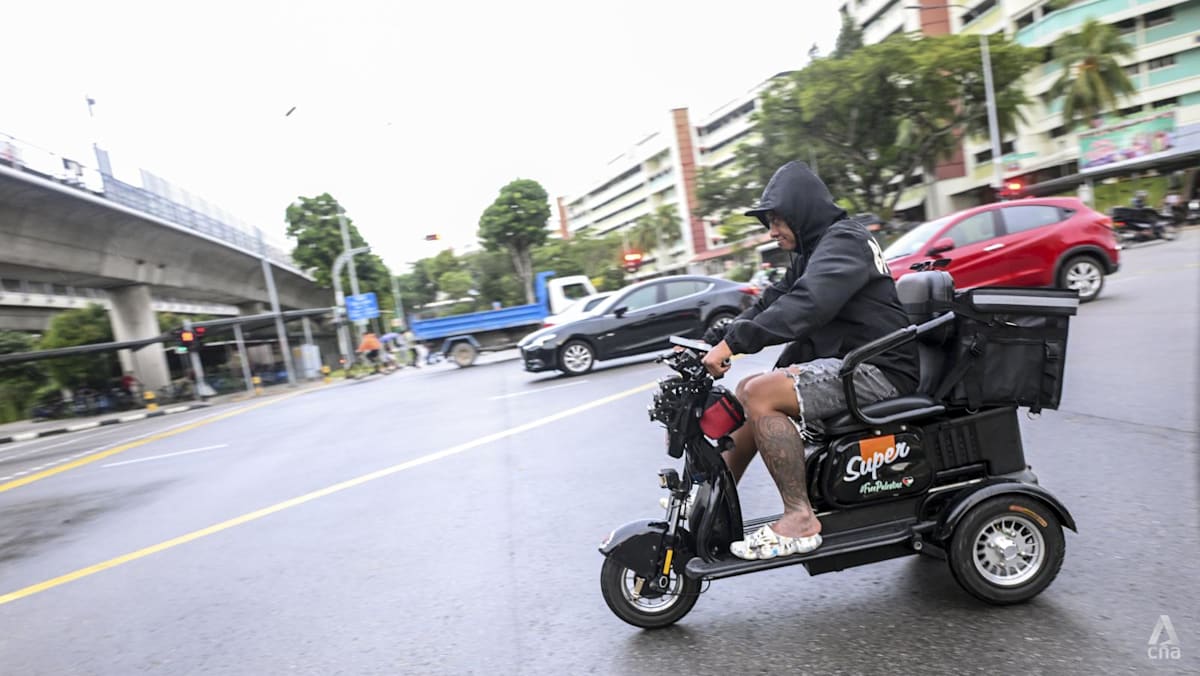SINGAPORE: More than 100 foreign-registered vehicles have been investigated this year for suspected involvement in illegal cross-border passenger transport services, with most remaining impounded as investigations and court proceedings continue.
Some of these vehicles may be registered to Malaysian tour companies, LTA said in response to CNA queries on Thursday (Sep 4).
Malaysian newspaper The Star first reported on Aug 24 that Singapore authorities had seized multi-purpose vehicles (MPVs) belonging to about 400 Malaysian tour agencies after drivers were caught for providing illegal cross-border transport services.
It also noted that the MPVs were still impounded in Singapore - some for months on end - even though fines have been paid and that these companies were "facing bankruptcy".
However, LTA told CNA that the payment of fines does "not guarantee the release of vehicles involved".
A spokesperson said: "If the driver is convicted, separate forfeiture proceedings will be held to decide if the vehicle should be forfeited as well.
"Where investigations establish that the vehicles were not involved in providing illegal point-to-point (P2P) services, LTA will release the impounded vehicles to their owners promptly."
The authority added that no applicable fees are imposed while the vehicles are impounded.
Since 2022, LTA has caught 136 drivers for providing illegal cross-border services through foreign-registered vehicles. Those found providing illegal ride-hailing services face up to S$3,000 (US$2,327) in fines and/or six months’ jail. Their vehicles may also be forfeited.
Repeat offenders face stiffer penalties, with their vehicles liable to forfeiture.
LTA said that there are schemes that permit Malaysian tour companies to license tour buses for ferrying tourists to and from Singapore. This includes Intercity Express Bus Services with fixed stopping points in Singapore as well as tour buses for sightseeing purposes.
All Malaysia-registered buses must obtain an ASEAN Public Service Vehicle Permit (PSVP) to run cross-border services with Singapore.
On the other hand, Vehicle Entry Permits (VEPs) are issued to foreign-registered cars and motorcycles, allowing them to enter Singapore for private purposes.
But the VEP is "not a licensing scheme for taxi services or other commercial purposes, including transport of tourists", said LTA, adding that applications from individuals or commercial entities intending to provide hire-and-reward, e-hailing or passenger transport services will be rejected.
"Even if they have a VEP, it is illegal for Malaysia-registered cars, including private-hire cars, to provide cross-border passenger transport into and within Singapore," the authority said.
Only Malaysia-registered taxis that have a Public Service Vehicle Licence and PSVP issued by LTA are allowed to provide cross-border taxi services.
LTA told CNA in July that only licensed providers from both Singapore and Malaysia can provide cross-border services, with each country given a quota of 200 taxis for such services. There are approximately 300 licensed cross-border taxi drivers across Singapore and Malaysia in total.
ONGOING ENFORCEMENT
Enforcement efforts against foreign vehicles that flout Singapore laws will continue, said LTA.
Acting Transport Minister Jeffrey Siow, Senior Minister of State Sun Xueling, the Ministry of Transport and LTA met representatives from the National Taxi Association (NTA), the National Private Hire Vehicles Association (NPHVA) and the Singapore-JB Taxi Association to discuss cross-border point-to-point transport last week.
Among the issues discussed was keeping illegal vehicles out. Illegal point-to-point cross-border services create unfair competition and safety risks, the NTA and NPHVA also said.
In recent weeks, LTA has been carrying out patrols at Gardens by the Bay and Changi Airport, as well as working with the Immigration and Checkpoints Authority (ICA) at a land checkpoint to clamp down on these illegal services.
Travellers are advised to use authorised taxis, buses, and trains for cross-border travel.
To report illegal cross-border transport services, members of the public can provide LTA with information such as the vehicle’s registration plate number, date, time and account of the incident through an online contact form.


